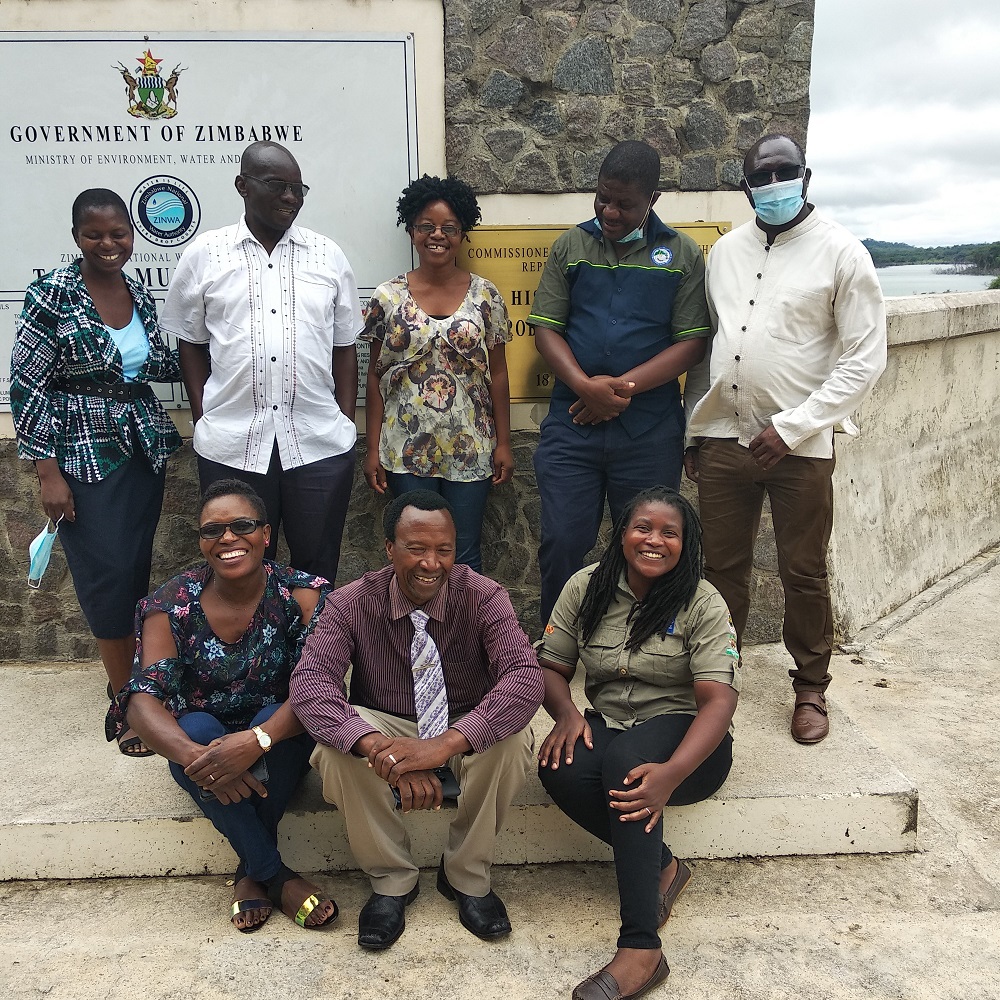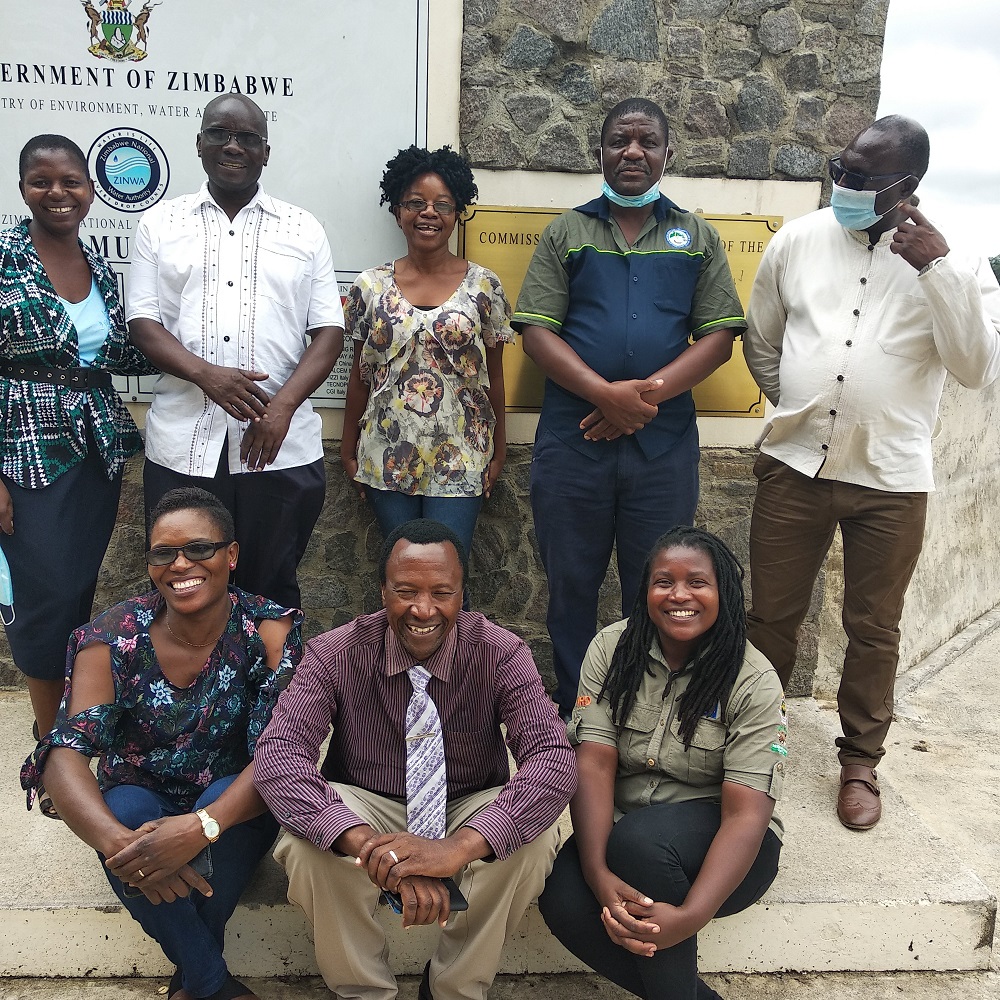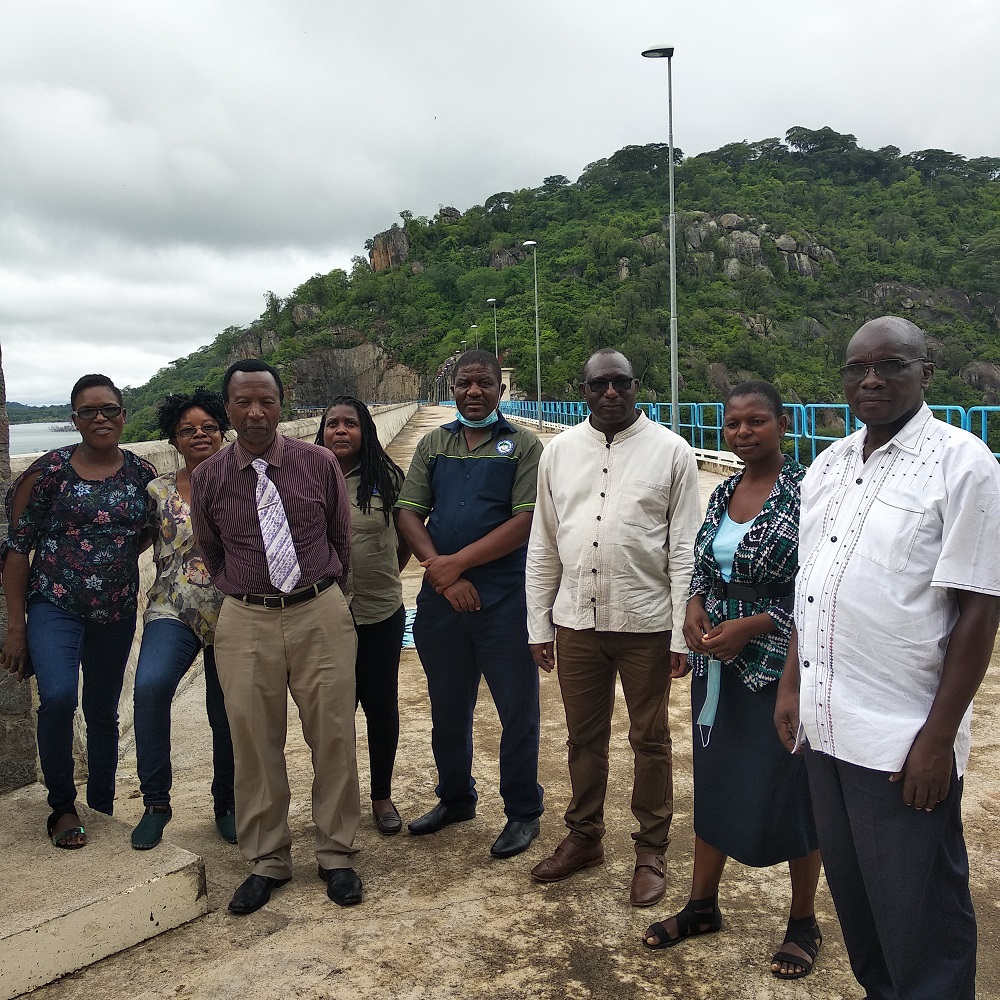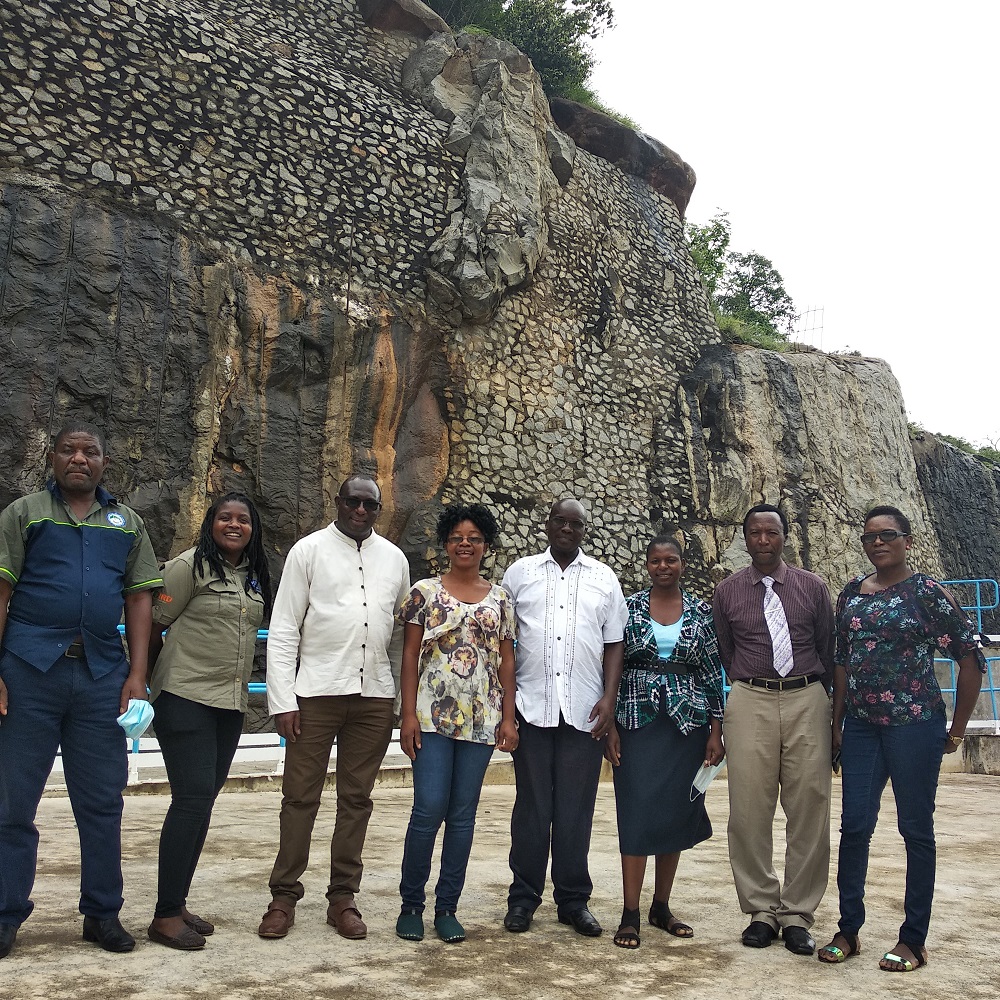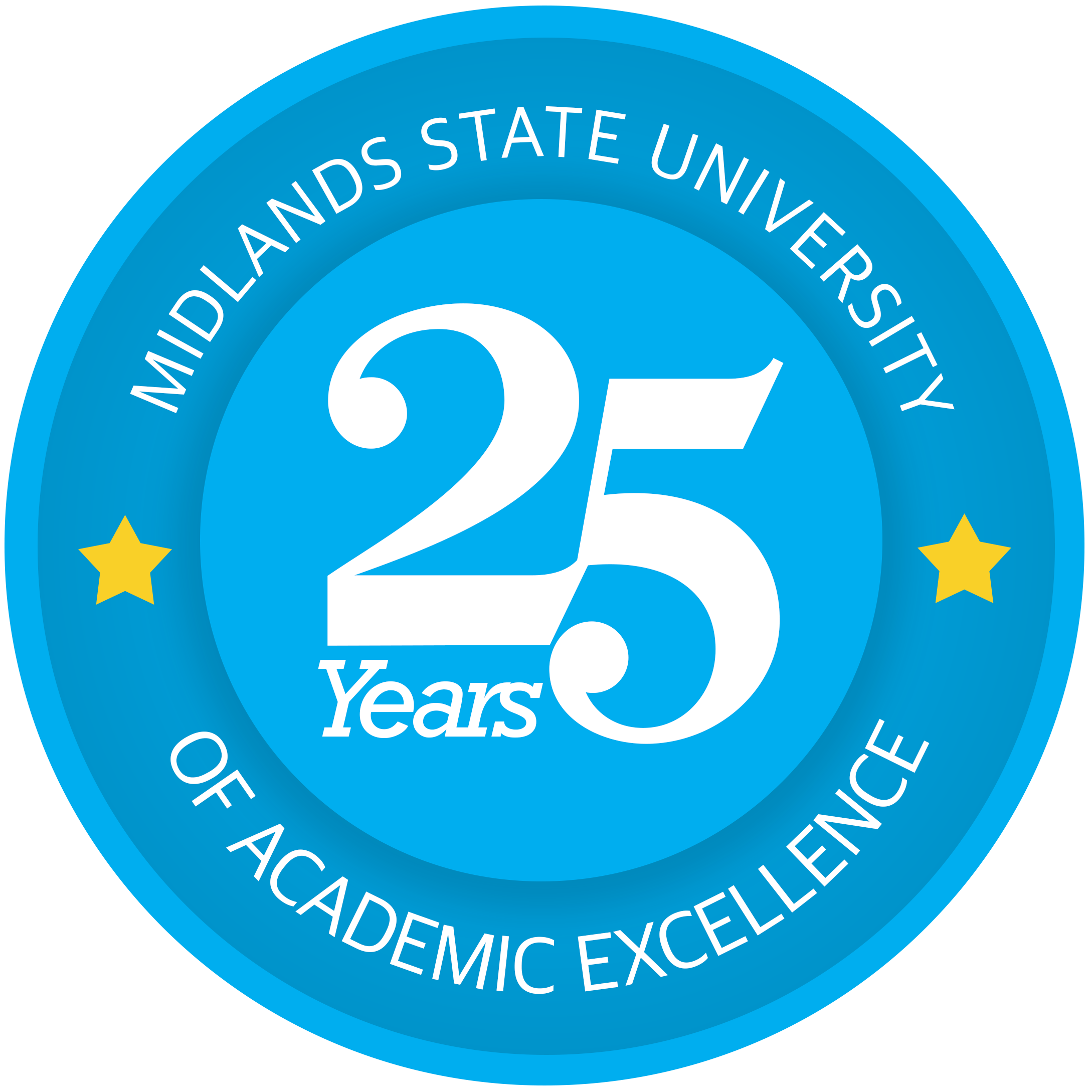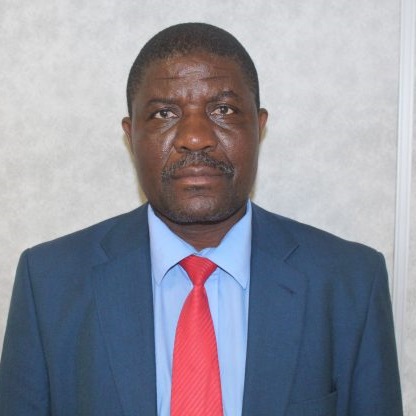
The “inovakwa nevene vayo” philosophy translated to “development is my personal responsibility” entails a huge responsibility and sacrifice on each individual to contribute generously towards sustainable development of communities; each according to available resources and ability – J. Matunhu 2022
Brief Introduction
Investment in water bodies is essential for poverty eradication and sustainable socio-economic prosperity. They (water bodies) support industrialisation, irrigation, fisheries, hydroelectric power generation, tourism and revitalisation of climate-change ravaged ecological setups. Government of Zimbabwe has slated dam construction as one of its development priorities. Tugwi-Mukosi River basin in Masvingo Province is one such investment. The Basin has a catchment area of 7 120km2 and water carrying capacity of 1 915 000 cubic metres. This well celebrated investment is not devoid of challenges. First, it created internally displaced persons. Second, it is linked to new disease ecologies such as schistosomiasis, malaria, and water borne diseases. Third, the proposed game reserve is likely to bring about human-wildlife conflict. Fourth, seismic earth tremors cannot be ruled out. Society need reliable information about the dam. The MSU-Tugwi Mukosi Multi-Disciplinary Research Institute (MSU-TMMRI) was established in 2018 to generate and disseminate continuous valid information on social, economic, political, industrial and environmental impact of the dam on society.
Activities 2018-2019
- TMMRI on Cyclone Idai Project in Chimanimai and Chipinge districts.
- Baseline studies on Tugwi Mukosi dam were conducted between June 2018 and October 2018
- International Conference on Dams, Society and Environment was hosted on 19 and 20 October 2018 at Midlands State University in collaboration with MSU Faculty of Arts
Activities 2020
- Evaluation of the Food Assistance for Assets (FAA) programme being implemented by Aquaculture Zimbabwe (AQZ) in partnership with World Food Programme (WFP) funded by United States Agency for International Development (USAID).
- Collaboration with Ntengwe Community Development (NCD) on the project ‘Building resilience through adoption of grain and vegetable amaranth in Binga District”.
- Feasibility study on the proposed Gororo Water Project in Chivi District wards 26, 27, 28, 29 and 30.
- Collaboration with Ntengwe Community Development (NCD) on the project ‘Building resilience through adoption of grain and vegetable amaranth in Binga District”: – https://www.chronicle.co.zw/local-organisation-uses-imbuya-as-hunger-buster/
Activities 2021
- Together with the Centre for Conflict Management and Transformation, Tugwi Mukosi Multidisciplinary Research Institute (TMMRI) edited a book entitled “DEVELOPMENT-INDUCED DISPLACEMENTS IN ZIMBABWE: Learning from Colonial and Post Colonial Experiences”. Two staff members from the Zvishavane Campus i.e Dr Muromo (TMMRI Research Fellow) and Dr Mashinagidze (Executive Dean of the Faculty of Arts) contributed chapters in the book.
- Finalisation of a book on “Developing an Academic Research Proposal Writing Made Simple” by Dr Muromo and Professor Matunhu. The Institute intends to publish it with MSU Press.
- Dr Muromo’s PhD manuscript currently waiting for the Institute’s motivation for publication with MSU Press.
- TMMRI with the Media Studies Department are currently working on modalities of a documentary on “Unlocking Value Around and Downstream Tugwi Mukosi Dam”. In pursuit of this, a preliminary visit was made to Chief Nyajena’s area in preparation of the documentary.
- TMMRI is unpacking the National Development Strategy 1 (NDS-1) on YAFM. To listen to the broadcast tune in to YAFM ( 91.8 MHz for Zvishavane) every Wednesday from 6:30pm to 7:00pm
Activities 2022
- Successfully co-hosted the Disaster Risk Management Conference with the Human Science Research Council (HSRC) of South Africa. The conference was a hybrid event, and the physical component was held in Victoria Falls from the 1st to the 4th of October 2022.


- The conference coincided with the signing of a memorandum of understanding between Midlands State University and HSRC, creating an opportunity for continued joint efforts in building long-term and strategic partnership for mutually beneficial and fruitful collaboration. The two pictures are from the signing ceremony:


- The African Journal of Water, Environment and Development (AJ-WED) was approved by the University Senate. It draws its focus from the Education 5.0 philosophy and seeks to publish innovative research on water, environment, agriculture, biodiversity, energy and rural development. Plans are underway to publish some of the articles that were presented during the Disaster Risk Management conference in Victoria Falls (October 2022).
- TMMRI in collaboration with Botswana International University of Science and Technology (BIUST) and Brandenburg University of Technology (BTU), Germany recently won a Sustainable Development Goal Fund (SDGF) research grant of USD272 000.00 in August 2022. The research focuses on understanding population structures, biogeographic patterns and sustainable management of the invasive fall armyworm (Spodoptera frugiperda).
- MSU signed an MOU with Zimbabwe Mining Safety Health and Environmental Council (ZIMSHEC) ZIMSHEC in 2021. Further, the two institutions collaborated to offer a short course training on safe mining methods, health and safety as well as environmental sustainability to small-scale and artisanal miners. The training programme was launched at the Midlands State University’s Zvishavane campus in August 2022.


Gallery
